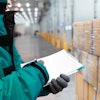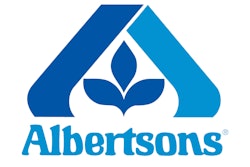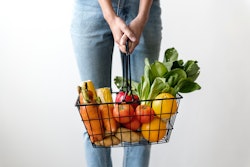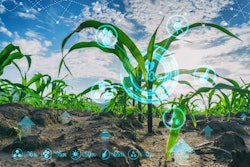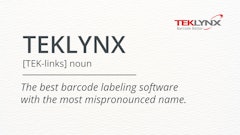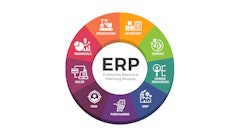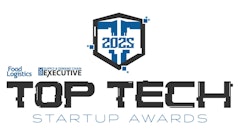
Blockchain technology will let consumers make more informed decisions when purchasing groceries, reducing food waste and potentially halting the spread of illness by contamination. According to the World Health Organization, one in 10 people fall ill after eating contaminated food each year. Meanwhile, people are becoming increasingly conscious of fertilizers, pesticides, antibiotics and animal welfare when choosing groceries to buy.
With blockchain, information regarding each stage of production can be added to a database, where customers will be able to gain an understanding of what was required to produce goods.
Taiwanese e-commerce company OwlTing unveiled OwlChain, a platform based on the Ethereum blockchain network, which registers each stage of food production. Before purchasing their meat product, people can view the ledger that traces back to the day of the animal’s birth, as well as the details of the food it consumed and the vaccines it received during rearing, along with the slaughter, processing and transport path.
In addition, IBM, Wal-Mart and JD.com have announced a blockchain Food Safety Alliance to make supply chains more transparent, traceable and accountable. This will change the way contaminated food is recovered and produce more trust within the consumers. In handling these issues, food safety will increase for the consumer and will reduce a producer’s reputation being impaired by a bad collection.
Food traceability is set to soon become a standard, and it is only a matter of time before other industries follow suit. Embracing blockchain technology will help companies manage their supply chains and implement their consumers to see what is required to produce their products.
To read the full original article, please click here.

